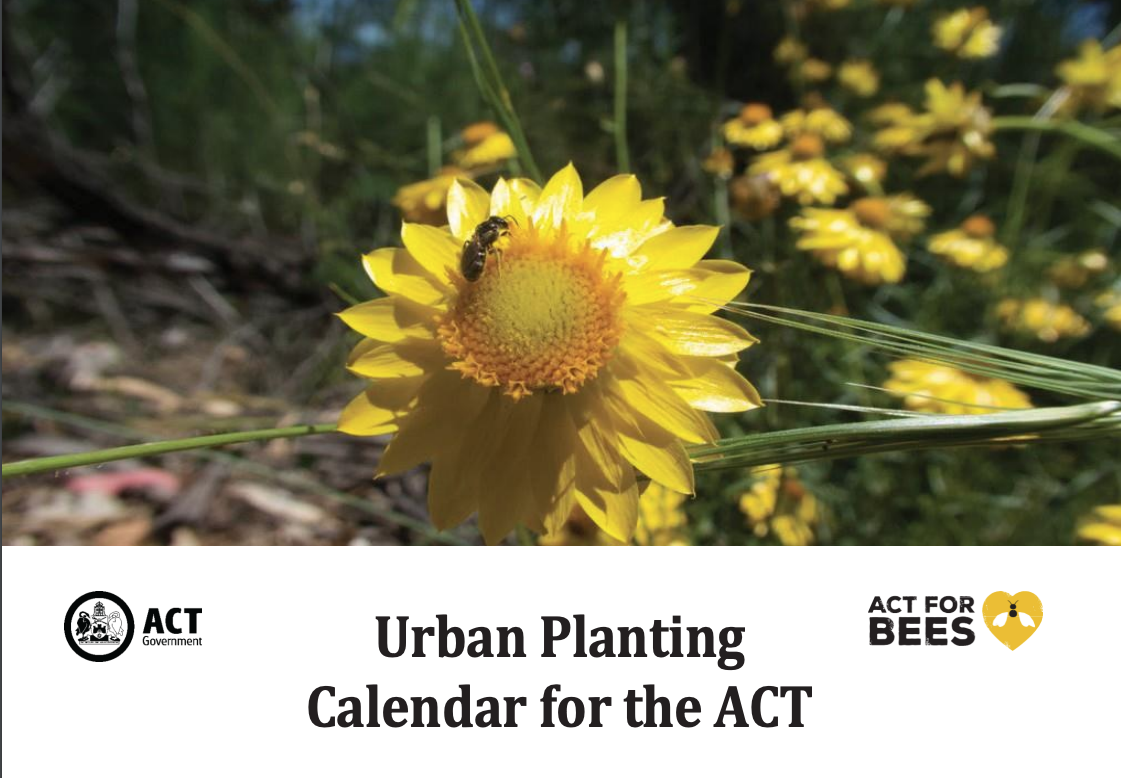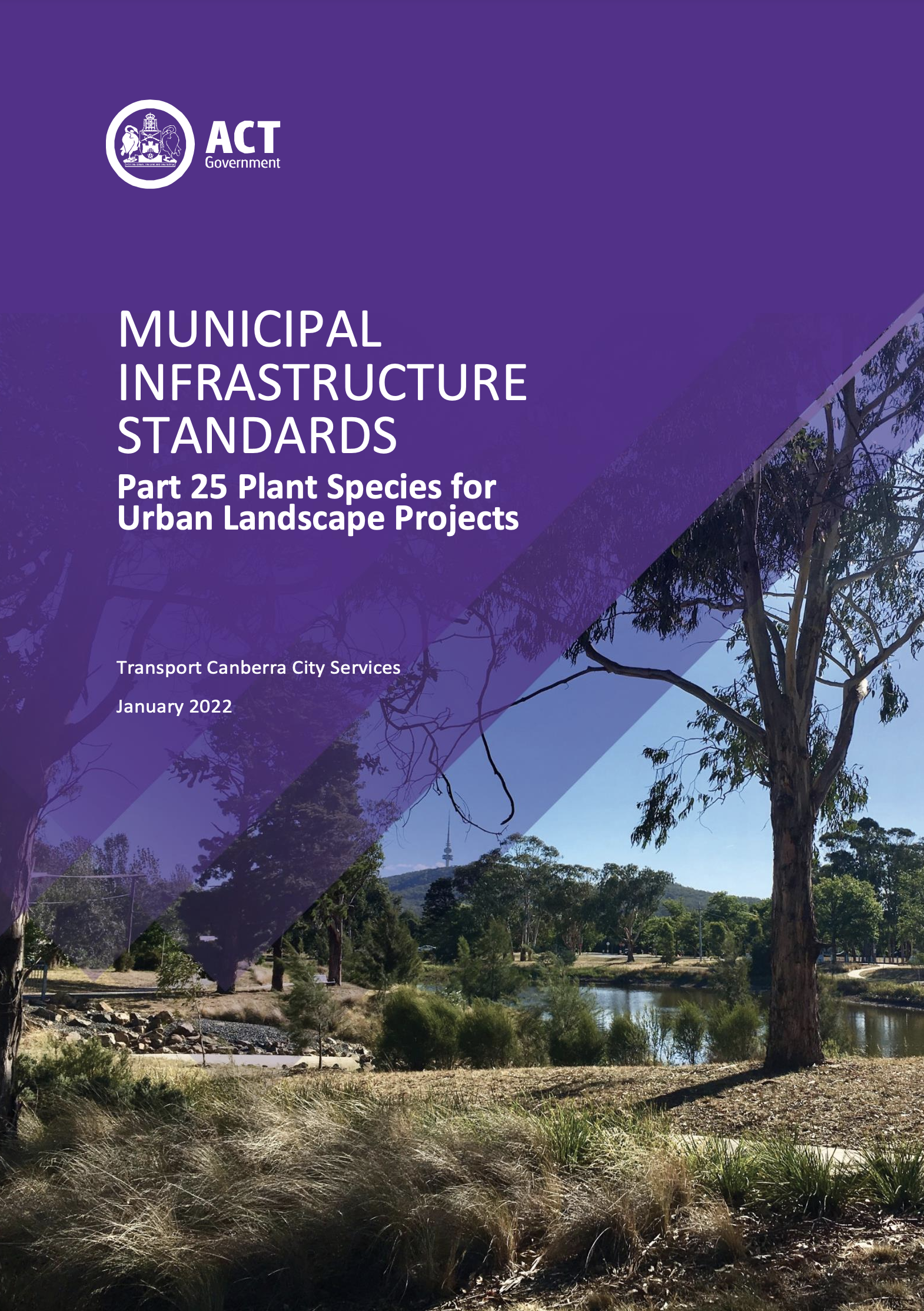About
ACT FOR BEES &
OTHER POLLINATORS
Protecting bees and pollinators
ACT for Bees is a volunteer-run, not-for-profit, registered community group committed to raising awareness about the essential role of bees and other pollinators in food security, biodiversity, and the health of ecosystems.
Since our establishment in 2014, we have developed strong partnerships with a broad range of stakeholders and invested significantly in education—through school curriculum resources, community outreach, and advocacy. Our primary focus is on education and advocacy, as outlined in our [Strategic Plan 2024–2027].
Our advocacy efforts, including submissions to government inquiries and active participation in public forums—particularly on pesticide use and biodiversity—have had meaningful impact. For example, the Minister for the Environment’s Statement on Bees and Other Pollinators (10 May 2023) referenced ACT for Bees twice, recognising us as a key community organisation advocating for pollinators. Several initiatives mentioned in the statement originated with our group.
What We Do
ACT for Bees engages in a wide range of initiatives, including:
- Educational talks and workshops on creating pollinator-friendly gardens and building bee hotels for native bees.
- Supporting key national awareness events such as:
- World Bee Day (May 20)
- Community World Bee Events Saturday May 24 2025
- Australian Pollinator Week (November 8–16, 2025)
These events are vital opportunities to celebrate, educate, and inspire community action in support of pollinators.
Partnership Acknowledgement: Canberra City Farm
ACT for Bees Inc gratefully acknowledges Canberra City Farm as a valued partner in our shared mission to support pollinators and promote sustainable, community-driven education. Our collaboration at the Farm enables hands-on learning opportunities, habitat creation, and community engagement that fosters deeper connections with nature. We thank Canberra City Farm for their ongoing support through use of rooms for our monthly meetins and commitment to regenerative practices that benefit both people and pollinators.
Our 10th Birthday celebration-February 2024
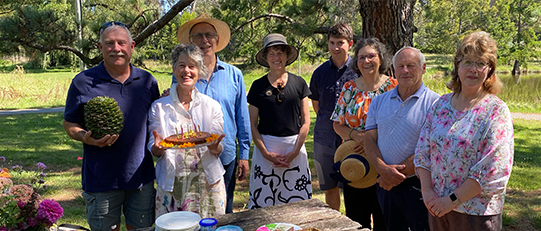
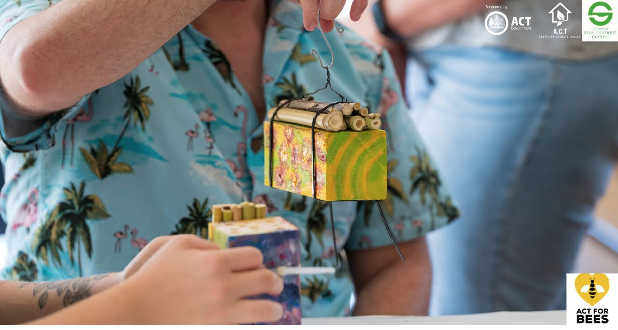
Native bee hotel workshops
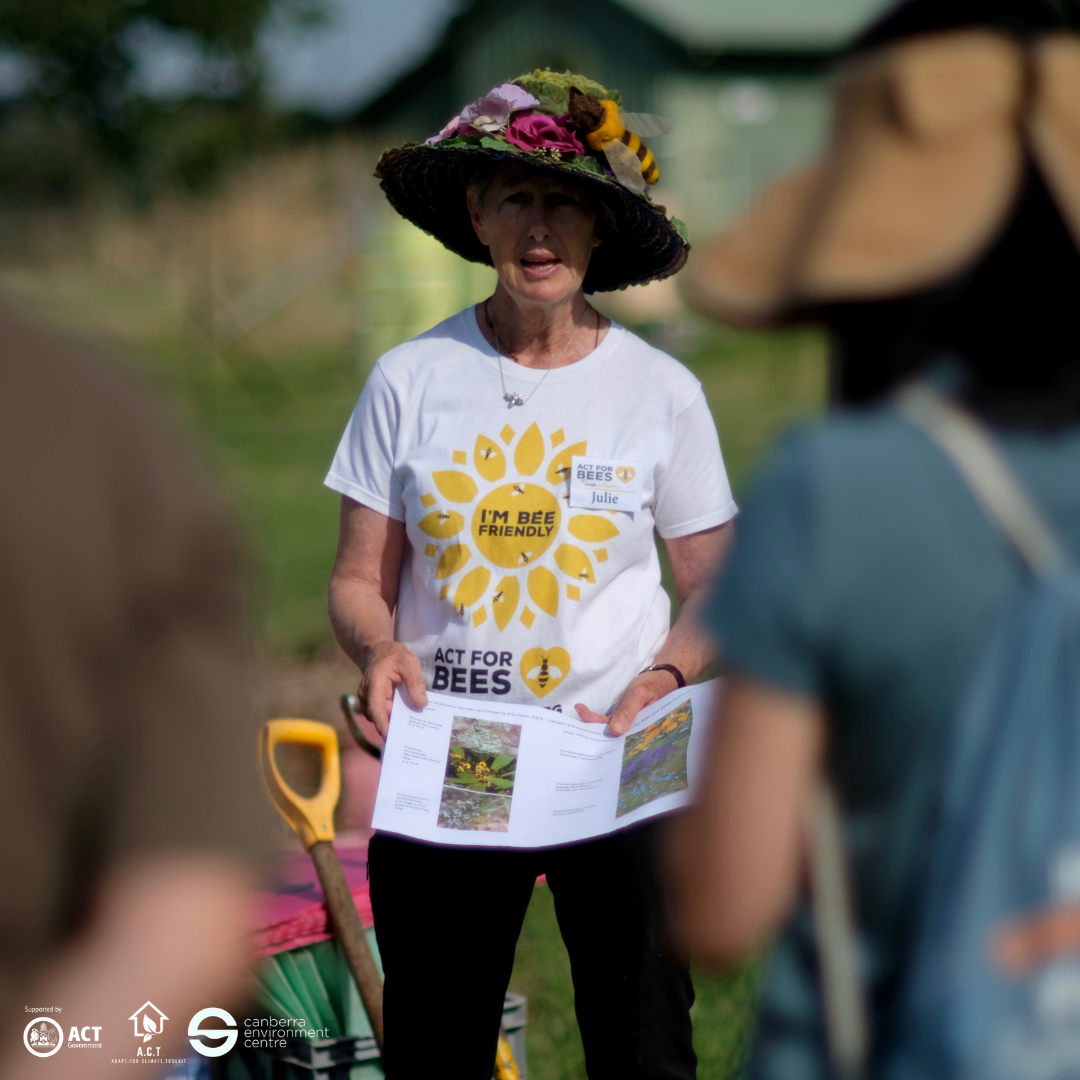
Planting for Pollinators workshops
WE ARE WORKING TOWARDS A
bee and pollinator friendly Canberra
A bee-friendly ACT focuses on improving the policies and practices of institutions and organisations in the Australian Capital Territory (ACT).
We wish to acknowledge and appreciate the support of the Australian Capital Territory (ACT) Government for their support for bees and pollinators through their policies. See the motion of ACT for Bees additions to the MIS 25 Urban Planting Calendar here
We wish to acknowledge and appreciate the support of the Canberra Environment Centre over the years.
We have collaborated on creating ‘Bee and Pollinator Friendly Gardens’ workshops for many years, built bee hotels and planted for pollinators in the Canberra Environment Centre’s grounds and workshops at ANU Thrive Kitchen Garden and Canberra City Farm thanks to the ACT Government's Zero Emissions Grants.
We also wish to acknowledge and appreciate the support of the Rotary Club of Hall over many years. We were very grateful for their recent grant for new collateral for public events including 3 new pull-up banners, a backdrop for our marquee and new tablecloths and printing costs.
We have also had an ongoing and positive collaboration with Landcare ACT through running workshops and events together and appreciate their focus on planting for pollinators and local species in their choice of plants.
We appreciate the collaboration with Ginninderry and their pioneering 'planting for pollinators in 200 metre grids of year round flowering' in the new suburb of MacNamara.
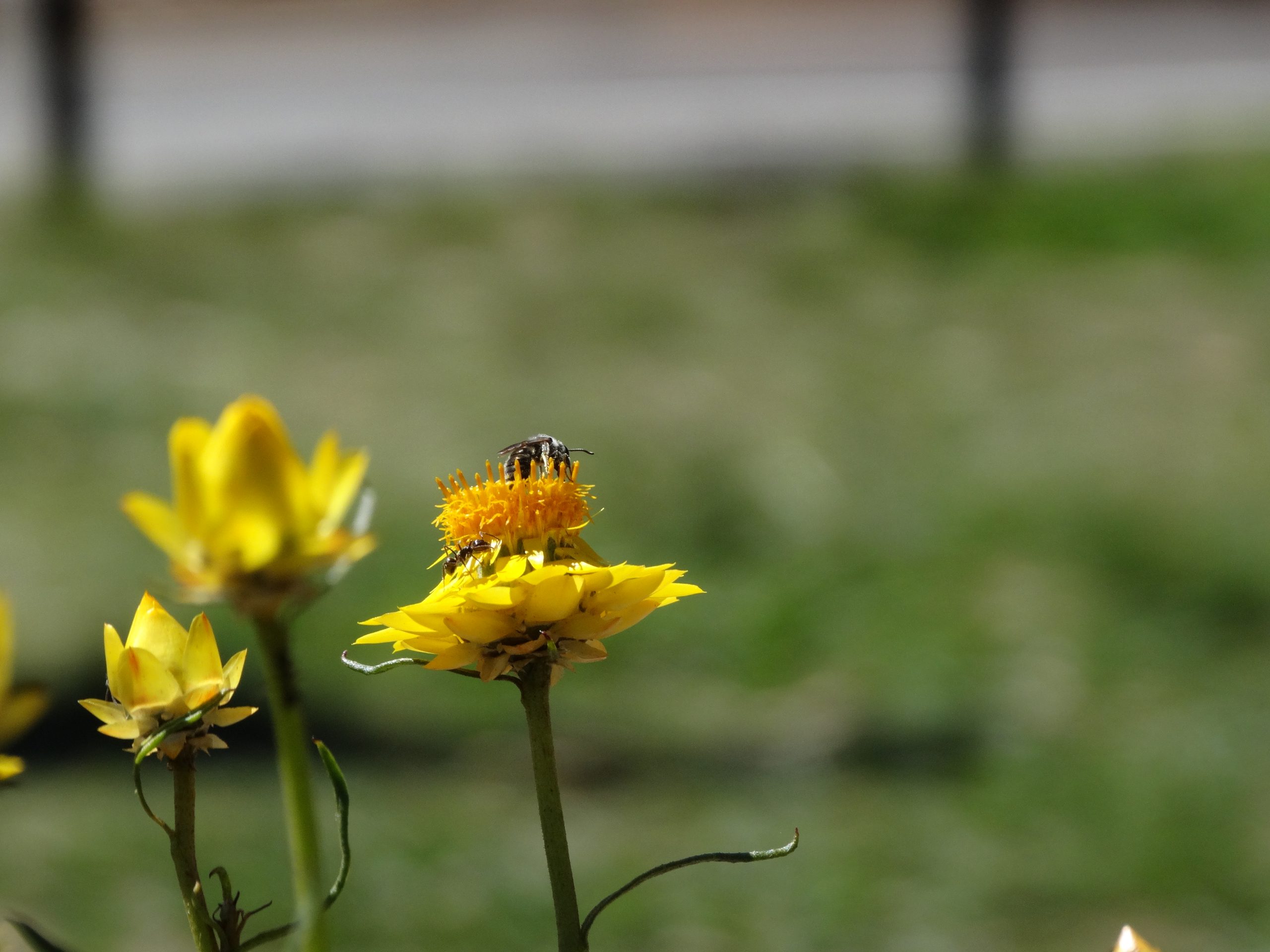
PLEASE GET IN TOUCH IF YOU WANT TO VOLUNTEER OR YOUR
business, school or community group would like to work with us
We have resources to educate your community about the importance of bees and pollinators including a ‘How to create Bee and Pollinator Friendly Gardens’ presentation, ‘Be a Bee’ children’s pollination activity and building Bee hotels for our Australian native bees.
Our Partners
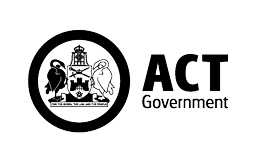
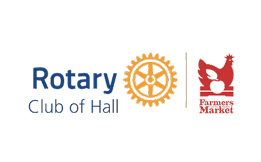
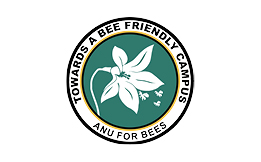
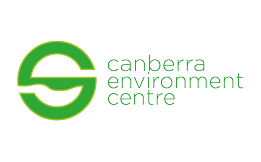
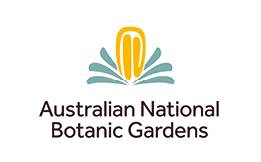
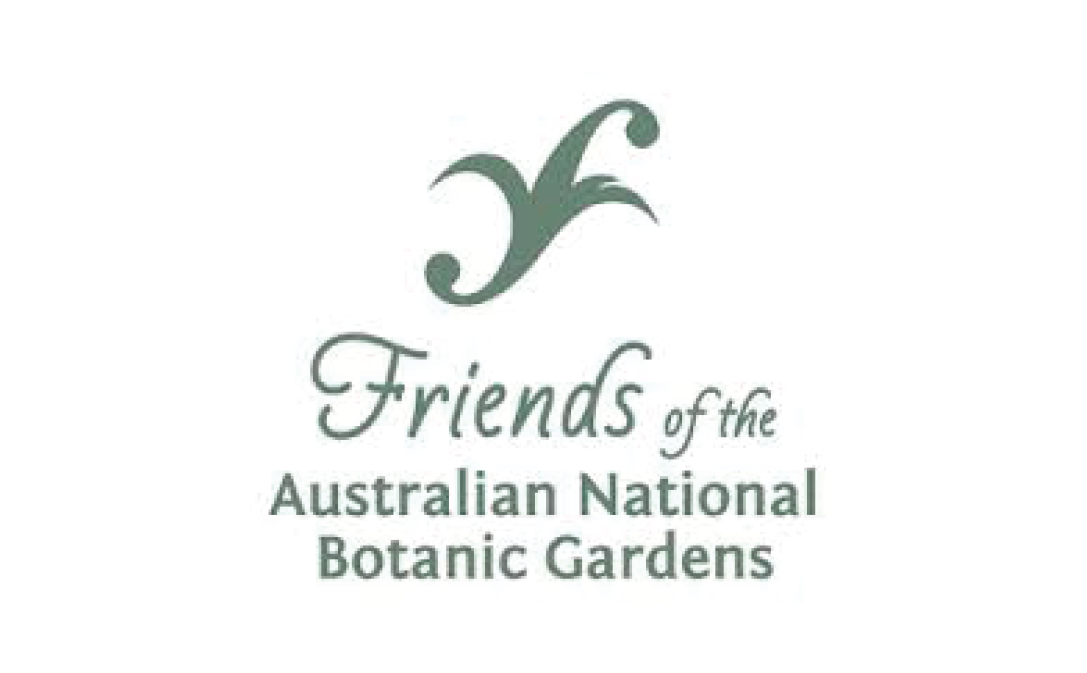
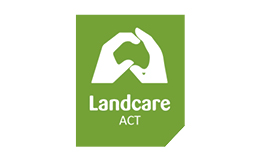
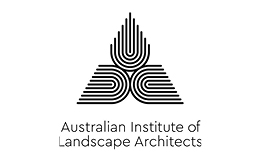
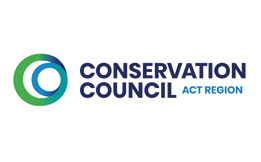
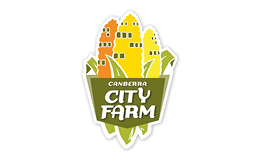
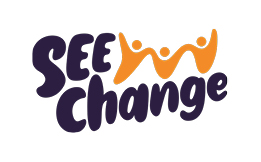
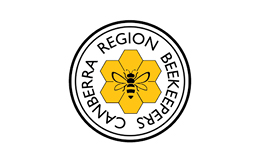
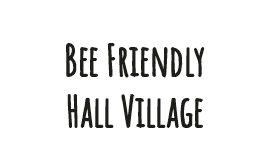
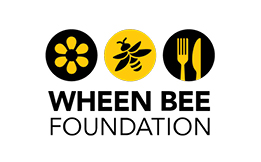
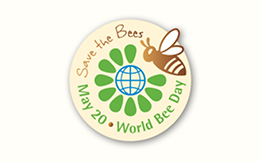
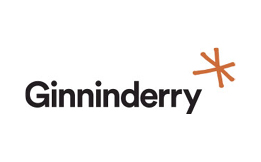
Bee Curriculums For Classrooms
- We have partnered with ‘Cool Australia- Learn for Life‘ to create an exciting ‘Love Food? Love Bees!‘ curriculums for Early Childhood, years 5/6 and High School as well. They can be downloaded from the Cool Australia website and taken straight into the classroom & also practically outside in the garden! We love the way Cool Australia curriculums are easy to use, focussed on sustainability and empower students to take action for the good of the world. Check out these curriculum materials through our website.
- March 2022. We’ve just received a report from Cool Australia about the reach of the ‘Love Food? Love Bees!’ education material since August 2016, >500,000 students have participated in this program Australia wide! We’ve just added a unit on Australian native bees to the Year 5/6 curriculum which has already had very positive reviews from teachers.Well worth using in spring when the native bees emerge again.
- Check the FREE resources out and find out why they are one of Cool Australia’s top performing resources.

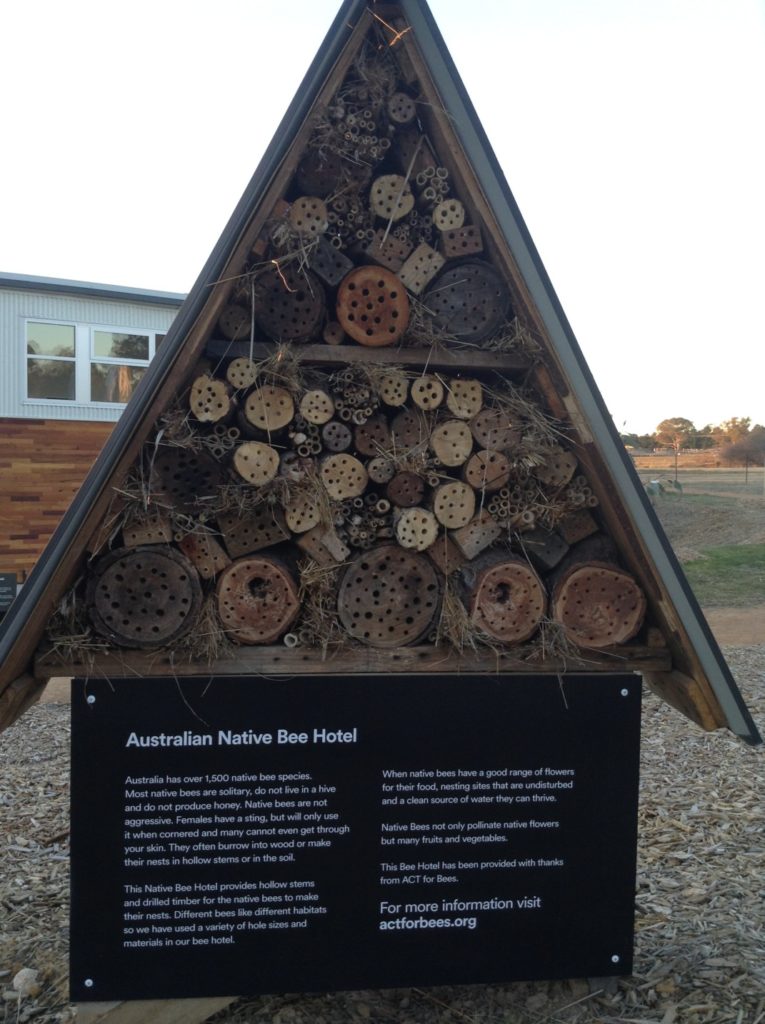
Ginninderry
Ginninderry Development - West Belconnen
ACT for Bees & Other Pollinators have been collaborating with Ginninderry Green Star sustainable development for ‘pollinator corridors’ with planting for year round flowering with the 2nd stage, Macnamara planned with extensive plantings for native bees in 200 metre grids based on the ACT Government’s Plant Species for Urban Landscape Projects.
ACT for Bees
Success with ACT Government
EXCITING NEWS!
The Australian Capital Territory (ACT) Government has adopted ACT for Bees additions in their review of the ACT Government MIS25 Urban Landscape Planting List.
Developers and government bodies can only use plants on this list. The list now includes our data on flowering times, nectar, pollen, seed resources, the species of forager (whether it be bees, butterflies, or birds) and habitat for native mammals.
It guides choosing plants for flowering throughout the year, which species are the best for long periods of flowering and also indicates medium or high nectar and pollen production.
The review focussed on selecting species that are suited for an increasingly hot climate and also includes Ngunnawal cultural notes.
